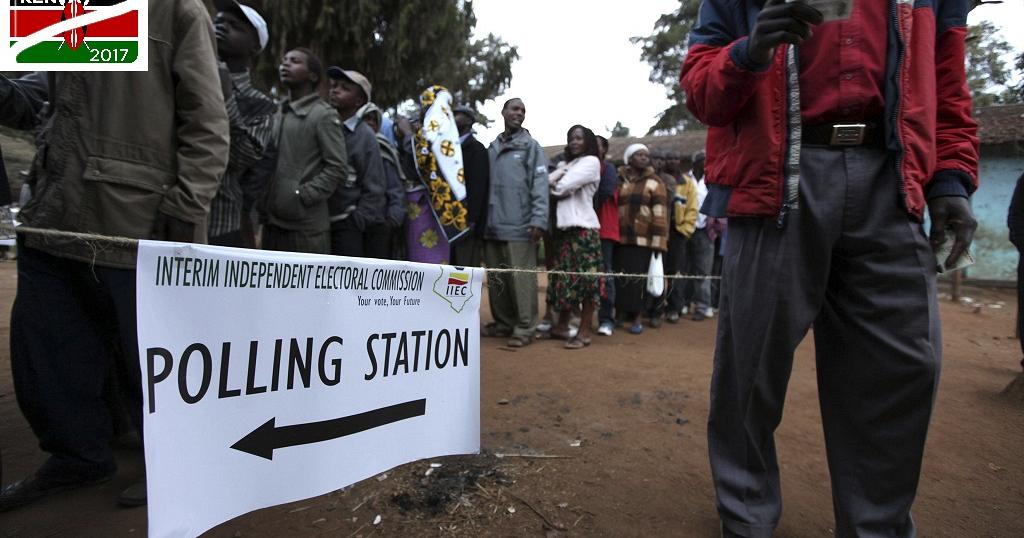advertisement
State Promises Uninterrupted Access To Social Media During Campaigns
The government has pledged uninterrupted access to social and mainstream media during the coming electioneering period ahead of the 2022…

The government has pledged uninterrupted access to social and mainstream media during the coming electioneering period ahead of the 2022 General Elections.
At the same time, the State says there will be close monitoring of airwaves closely to curb cybercrime. This will be done through the Spectrum Management and Monitoring System (SMMS).
The SMMS was launched in Nyeri on Friday.
advertisement
This is a system that facilitates the identification and removal of illegal or unlicensed interference signals. By monitoring on a continual basis, problem signals can be identified in real time as they occur.
“The internet will continue, there is no reason for us as a country that we should be going backward. We are committed to ensure that the social media that we use [and] broadcast media will continue to operate even as we get to the election,” ICT Cabinet Secretary Joe Mucheru said during the launch.
The system launched in Nyeri was the eleventh of its kind in the country and it is set up by Communications Authority of Kenya (CA).
advertisement
Others are spread out in spread in Nairobi, Nakuru, Kisumu, Trans Nzoia, Garissa, Kilifi and Mombasa counties.
Monitor airwaves
According to Mr Mucheru, the system will be used to monitor all airwaves signals and find out who is using which frequency and what it is being used for.
advertisement
“The system is to Kenya a digital economy because almost everyone uses the communication networks and when 5G is active, it will be more crucial for us to ensure that no one is going to block the networks and that our systems can operate smoothly,” he said.
The ministry is currently working on a rollout plan for 5G in the country.
Between July 2020 and June 2021 CA received 45 frequency interference cases, out of which 35 were fully resolved.
There have been some challenges with interference and we have seen it before and you may find that even terrorists come and set up their own frequencies so as a country we are cognisant of the services and security and hence installation of these systems became very important to make sure that this happens very quickly,” Mr Mucheru added.
Briefcase investors
He said that that the ICT ministry is working on a framework for frequency transfers to ensure there is order and also prevent briefcase investors who, instead of using it for the intended purpose, sell it to the highest bidder.
“This not only distorts the market structure but also makes it difficult for genuine investors to have access to the spectrum,” he said.
The CA acting director general, Ms Mercy Wanjau, said that four mobile monitoring stations have been deployed to complement the 11 systems installed in the country.
She said that the stations conduct routine monitoring in the country.
“Through this upgrade, CA expects to improve service delivery to our spectrum users and stakeholders through effective planning, efficient processing of radio spectrum application licenses and faster resolution of interference complaints,” she said.
CA board chairman Kembi Gitura said that in this second phase of the Universal Service Fund (USF) that the authority sought to provide voice and data services to an estimated 269,842 people in 101 sub-locations, spread across 17 counties.
“In the first phase of the USF implementation, 886 public secondary schools were connected with high-speed internet. During the same period, 75 sub-locations were also connected to mobile voice and data services for the first time,” he said.